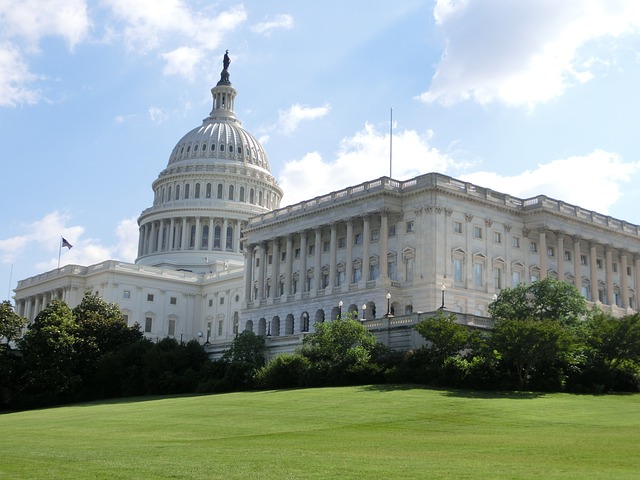For the First Time in Years, Congressional Committees Approve NFJP Funding Bill

The House Appropriations Committee recently approved its version of the Fiscal Year 2016 Labor-Health and Human Services-Education Appropriations bill that includes level funding for the National Farmworker Jobs Program (NFJP) at $82 million. That is the same amount as in fiscal year 2015 and fiscal year 2014 before that. In these difficult budgetary times, AFOP is pleased we have been able to hold our own. We have been able to because we have worked hard to make certain that lawmakers understand clearly the great need for this life-changing program and the tremendous success our members have in providing its services. As Labor-HHS-Education Appropriations Subcommittee Chairman Tom Cole (R-Oklahoma) said during his panel’s consideration of the bill, “If you break even in this bill, you’re a winner.” Meanwhile, in the Senate, the committee-approved bill proposes an $8.9 million cut in the program, nearly an 11-percent reduction, about twice the amount cut by sequestration in fiscal year 2013.
In recent years, congressional appropriators have had trouble moving this measure through the regular legislative process because of controversial policy riders and disagreements over funding levels. Despite this year’s impressive progress, though, lawmakers once again face an uncertain future in advancing this measure, as well as the other yearly appropriations bills. The problem is the 2011 Budget Control Act, the law that brought spending caps and sequestration. In approving its budget plan this year, Congress held non-defense discretionary spending to the Act’s caps, but provided cap relief for defense funding. Congressional Democrats and the White House took exception to that, and Senate Democrats are now blocking consideration of the appropriations bills until their Republican colleagues agree to a budget compromise increasing funds for their discretionary priorities. Should the Democrats persist in their blocking effort, and should the Republicans refuse to negotiate a deal, the specter of a government shutdown this fall rises. While there appears little appetite for such a scenario, it is notable that both sides of the aisle have made comments recently seeking to assign the blame to the other party should a shutdown occur.


